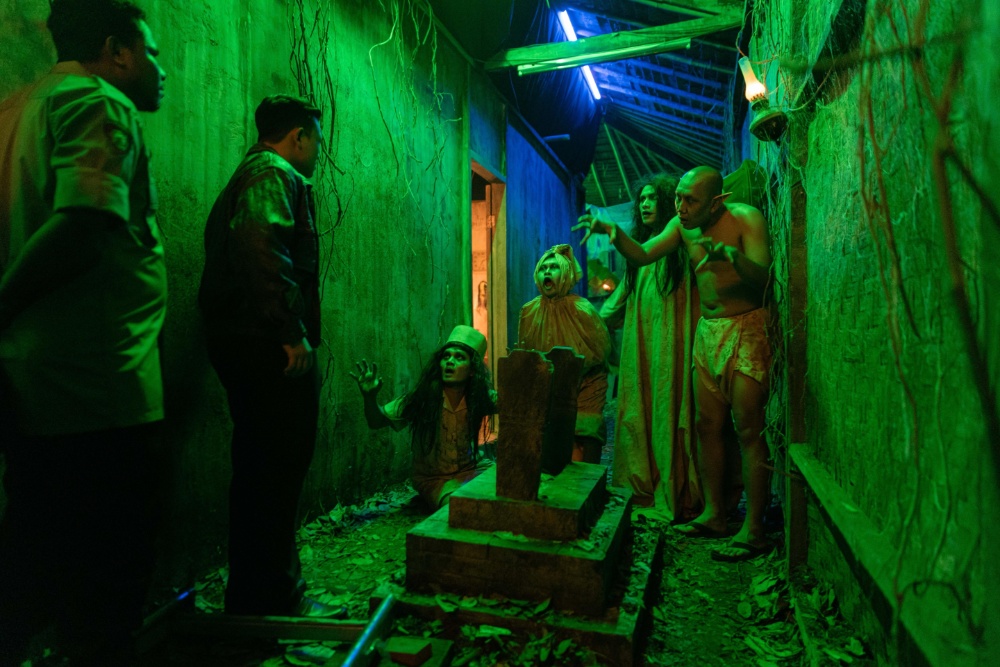Indonesian cinema has found its global rhythm — from heartwarming dramas to hilarious comedies. Yet when it comes to Indo to English Localization, humor and emotion are where most translations fall short. Translating cultural humor is not about word substitution; it’s about emotional timing, tone, and audience expectations. Here are seven major challenges faced by translators bringing Indonesian entertainment to English-speaking viewers.
1. Wordplay and Puns Lose Meaning
Bahasa Indonesia’s humor often relies on rhymes and phonetics. These puns collapse when translated directly. Translators must recreate equivalent jokes that fit timing and tone.
2. Cultural References Don’t Always Travel
Jokes about local celebrities or social norms can confuse global viewers. Translators use context-replacement — swapping references with relatable equivalents or adding subtle clarifications in subtitles.
3. Emotional Nuance in Dialogue
Indonesian emotional dialogue leans toward modesty and restraint. English dialogue, however, prefers directness. Localization balances both by adapting tone while keeping emotional sincerity intact.
4. Timing and Rhythm in Subtitles
Comedy lives in timing. Translators must shorten text without losing punchlines, matching speech tempo perfectly.
5. Politeness Levels in Jokes
Bahasa Indonesia uses different pronouns and honorifics. Politeness often enhances humor subtly, something that English translations must creatively convey through tone rather than grammar.
6. Religious and Moral Sensitivities
Films often weave humor around religion and tradition. Translators walk a fine line to preserve authenticity without offending audiences unfamiliar with cultural boundaries.
7. Emotional Layers in Sound and Gesture
Localization goes beyond words — gestures, pauses, and tone shifts carry meaning. Translators must note these in scripts to guide voice actors or subtitle timing for faithful delivery.
Conclusion
Translating Indonesian humor into English is a balancing act of empathy and creativity. Great localization captures laughter and tears in equal measure — proving that emotion is universal, even if the words change.
FAQs
1. Why is humor harder to translate than drama?
Because jokes depend on cultural timing, tone, and shared context.
2. What is cultural substitution?
Replacing local references with ones that resonate with the target audience.
3. How do translators preserve comedic timing?
By syncing subtitle pacing with dialogue rhythm.
4. Are Indonesian films gaining global viewership?
Yes — thanks to platforms like Netflix and the rise of localized subtitles.
5. Why does emotional nuance matter in localization?
It ensures viewers feel the same emotion as intended in the original language.

Home
Blog, Localization, TranslationTranslating Humor and Emotion: 7 Challenges in Indonesian-to-English Film and Series Localization
Translating Humor and Emotion: 7 Challenges in Indonesian-to-English Film and Series Localization
Written by Lawrence Retales• October 16, 2025
Recent Posts
- From French Metaphors to English Clarity: A Case Study in Scientific Translation
- Localization Tactics: How French Marketing Content Is Adapted for English Audiences
- Challenge Sets in French → English MT: 7 Linguistic Divergences That Trip Up AI
- 10 Common Errors in Student French-to-English Translation and How to Avoid Them
- 8 Translation Pitfalls in French-to-English Localization: Insights from Norms-of-Substitution Studies
Translation & Localization Services in Over 200 Languages

Copyright © 2025 - VEQTA Translations Pte Ltd
